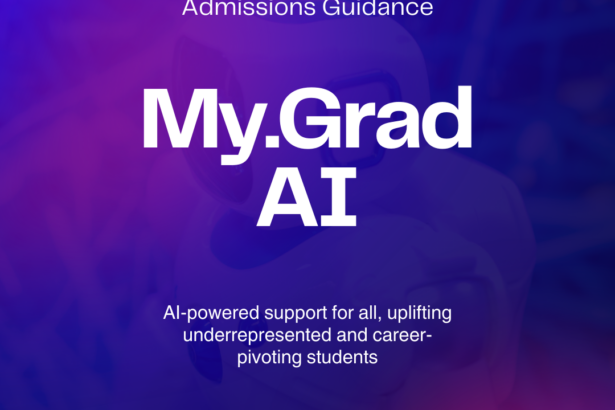This project involves designing an introductory-level instructional design course for UC Berkeley undergraduates who are developing a research-based career readiness curriculum for Conectado, an innovative platform dedicated to accelerating access to opportunities through immersive virtual experiences powered by human, cultural, and artificial intelligence. Conectado focuses on creating pathways toward a more equitable future by integrating advanced AI technologies to enhance learning experiences, personalizing education, and equipping learners with cutting-edge skills in AI and related fields.
The course, in partnership with the University of California, Berkeley School of Education, introduces undergraduates to foundational instructional design principles and challenges them to apply academic research—such as theories, articles, journals, and media—by creating engaging, real-world learning experiences for a diverse user demographic on Conectado. This aligns with Conectado’s mission to accelerate access to opportunities and improve lives by increasing representation in STEAM fields.
The project is structured around a unique multi-layered design process. UC Berkeley students, as emerging instructional designers, engage in creating lesson plans for Conectado’s users—underserved young adults navigating career readiness. Each semester, students work in small groups to develop three new modules in Conectado’s curriculum, such as “Navigating Failure,” “Leading with Purpose,” and “Effective Communication.” The course effectively serves as a redesign of the career readiness modules currently offered by Conectado’s Learning Experience (LX) Design team, providing a sustainable model that will continue with new modules created by future student cohorts.
The course includes four core deliverables: an Annotated Bibliography (Abib) to ground students in foundational research, MindMapping to help them visualize key ideas, UX Interviews to understand end-user needs, and Curriculum Development, where they create practical lesson plans. These deliverables are designed to foster skills in critical analysis, empathy-driven design, and practical curriculum planning, aligning with broader educational outcomes essential to both instructional design and career readiness. The end-product I’ve created is housed in this website, which will house the course syllabus along with pertinent information for students which will be piloted in Spring 2025.
Reflecting on this design process has deepened my understanding of instructional design, particularly around how to balance theoretical rigor with practical application in an informal learning environment. Designing within real-world constraints, such as logistical boundaries and the iterative feedback loops we implemented, taught me how critical flexibility and adaptability are to the instructional design process. Engaging undergraduates as both learners and designers has reinforced the value of a scaffolded approach, allowing them to build confidence and creativity as they translate academic theories into real-life applications. The redesign and new iteration of this course has underscored for me that learning design is most impactful when it empowers students not only as learners but as creators of meaningful educational experiences.



